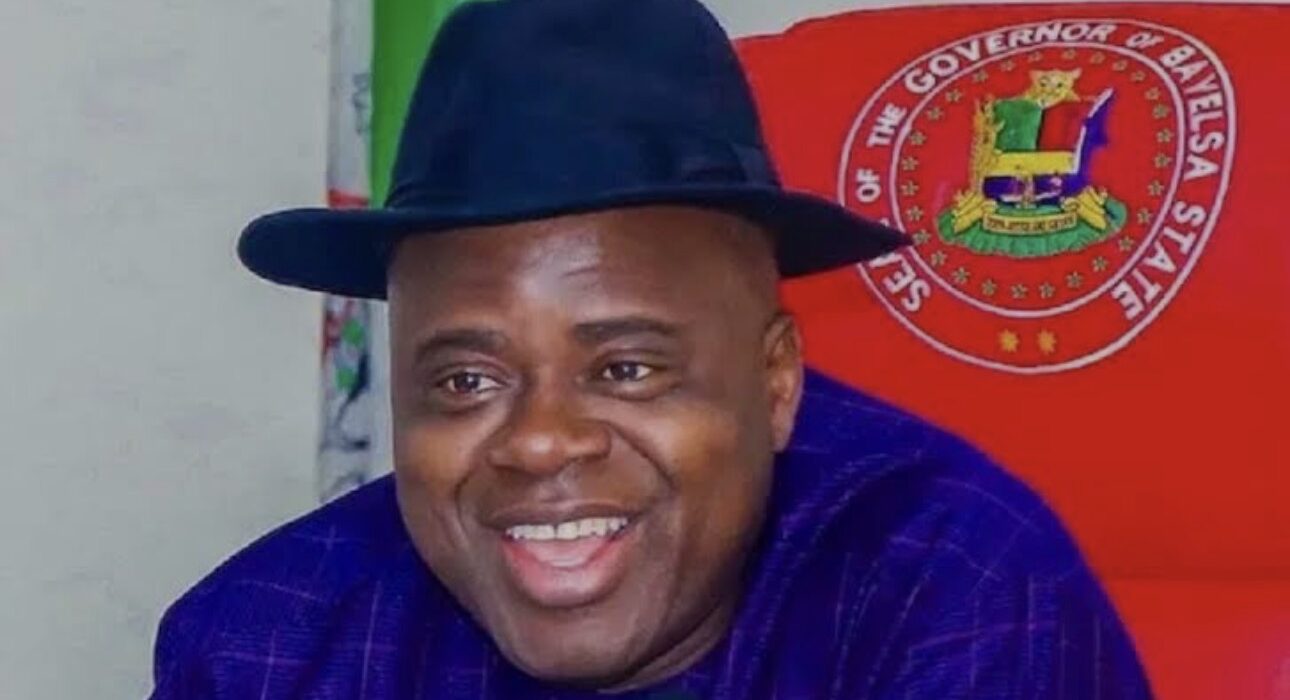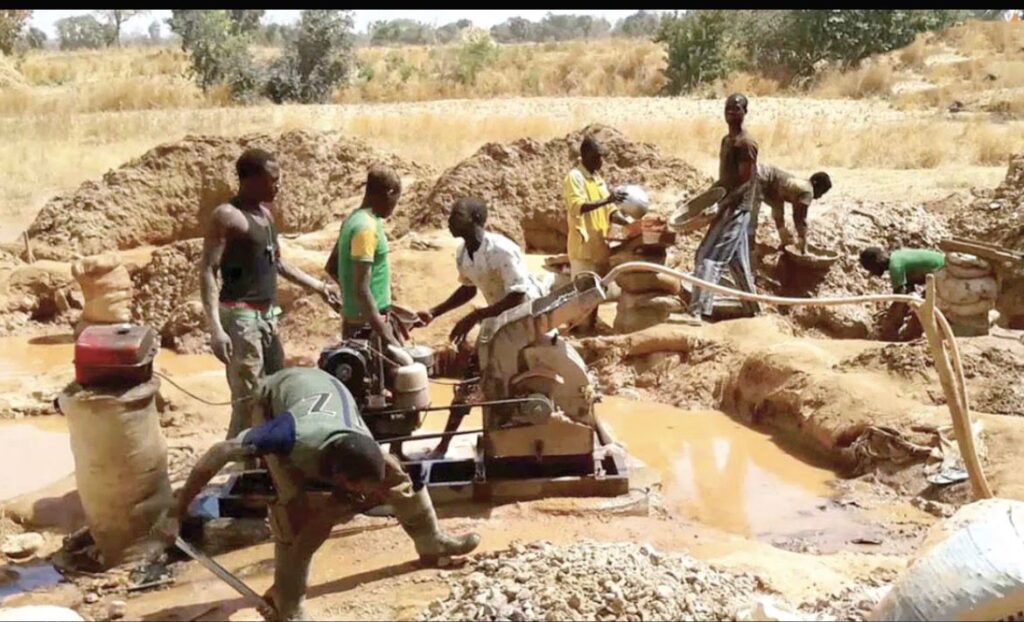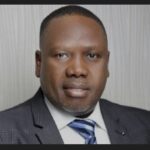Bayelsa Governor Douye Diri Finally Defects to APC, Calls Move “An Ijaw Nation Defection”

Bayelsa State’s political landscape has been thrown into a new phase of realignment following the formal defection of Governor Douye Diri from the Peoples Democratic Party (PDP) to the ruling All Progressives Congress (APC).
The governor, who made the announcement during a thanksgiving service in Yenagoa, described the decision as one made in the interest of his state and the wider Ijaw Nation.
Speaking at the event, Diri declared that the shift was not a mere political move but a collective decision representing a broader regional alignment.
“This defection is not just a Bayelsa defection; it’s an Ijaw Nation defection to the APC,” he said, emphasizing that his administration’s focus would remain on securing development and political inclusion for the people of Bayelsa and the Niger Delta.
Governor Diri, who was elected on the platform of the PDP in 2020, said his decision came after “deep reflection” and “consultations across party and community lines.” According to him, joining the APC aligns Bayelsa more closely with the federal government and would enhance the state’s access to national resources, partnerships, and development programmes.
Reports indicate that several members of the Bayelsa State House of Assembly and other political figures have expressed support for Diri’s move. Political observers say the defection could significantly weaken the PDP’s influence in the South-South region, which has traditionally been one of the party’s strongest bases.
While APC leaders have welcomed Diri’s defection as a major victory, the PDP in Bayelsa has described it as a betrayal of trust, accusing the governor of abandoning the platform that brought him to power.
Party loyalists argue that the move could destabilize opposition politics in the state and the region.
Analysts note that Diri’s switch marks one of the most consequential political developments in the South-South since 2019, with implications that extend beyond Bayelsa’s borders.
The “Ijaw Nation” framing of the defection has sparked debate among regional stakeholders, with some viewing it as a strategic realignment of the Niger Delta’s political bloc, while others dismiss it as a personal move disguised in ethnic sentiment.
For the APC, Diri’s defection represents a significant boost ahead of the 2027 general elections. For the PDP, it is a stark reminder of the challenges facing its structure in regions where it once held dominance.
As reactions continue to pour in, Bayelsa’s political future now hangs in the balance—caught between loyalty to familiar party roots and the promise of new alliances under the national ruling party.









